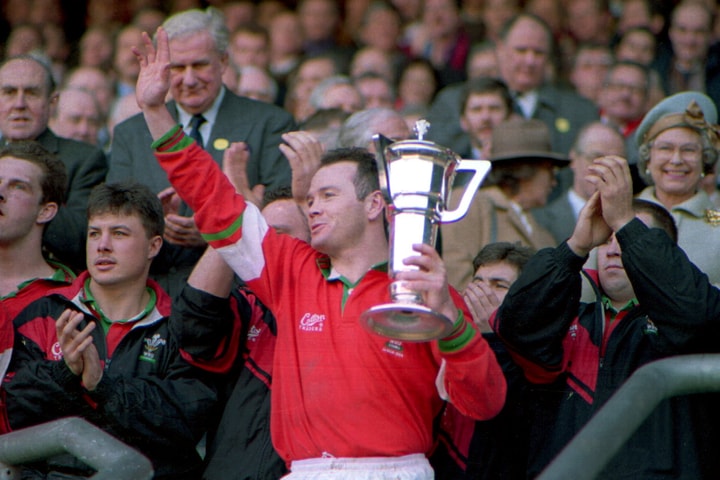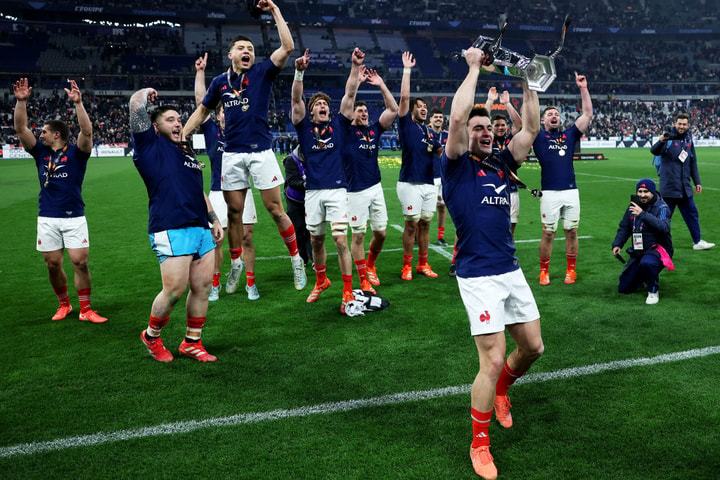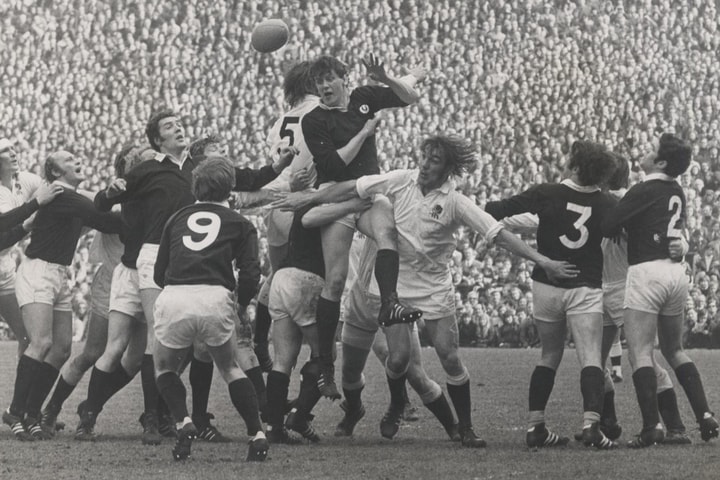When the rugby union game was thrown open to professionalism suddenly if not entirely unexpectedly at the conclusion of the 1995 Rugby World Cup in South Africa, a myriad of conflicting forces was unleashed. The five European countries that contested the annual International Championship were forced to come to terms with a different landscape and many changes had already occurred by the time the opening two matches of the 1996 Championship were played on January 20th 1996 at Lansdowne Road and Parc des Princes.
All the northern hemisphere sides had taken the opportunity to play "warm-up" internationals to prepare themselves for the championship and some of the southern hemisphere countries had embarked on what they may well have hoped were the first of annual tours of the northern hemisphere. England hosted the touring South Africa and Western Samoa teams at Twickenham in November and December and Scotland also hosted Western Samoa at Murrayfield. Wales had toured South Africa in September and not only played Fiji at home in November but also hosted Italy at Cardiff Arms Park just four days before the Championship opened in January 1996. Ireland played Fiji in the last match of their nine-match tour of Wales and Ireland and then travelled to Atlanta to beat the USA in a closely-fought test match in January.









